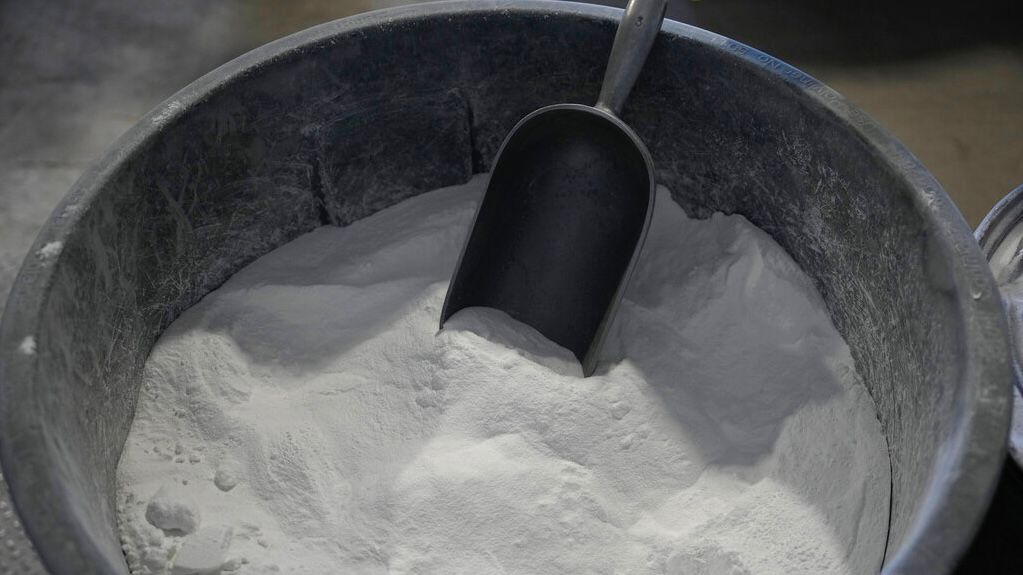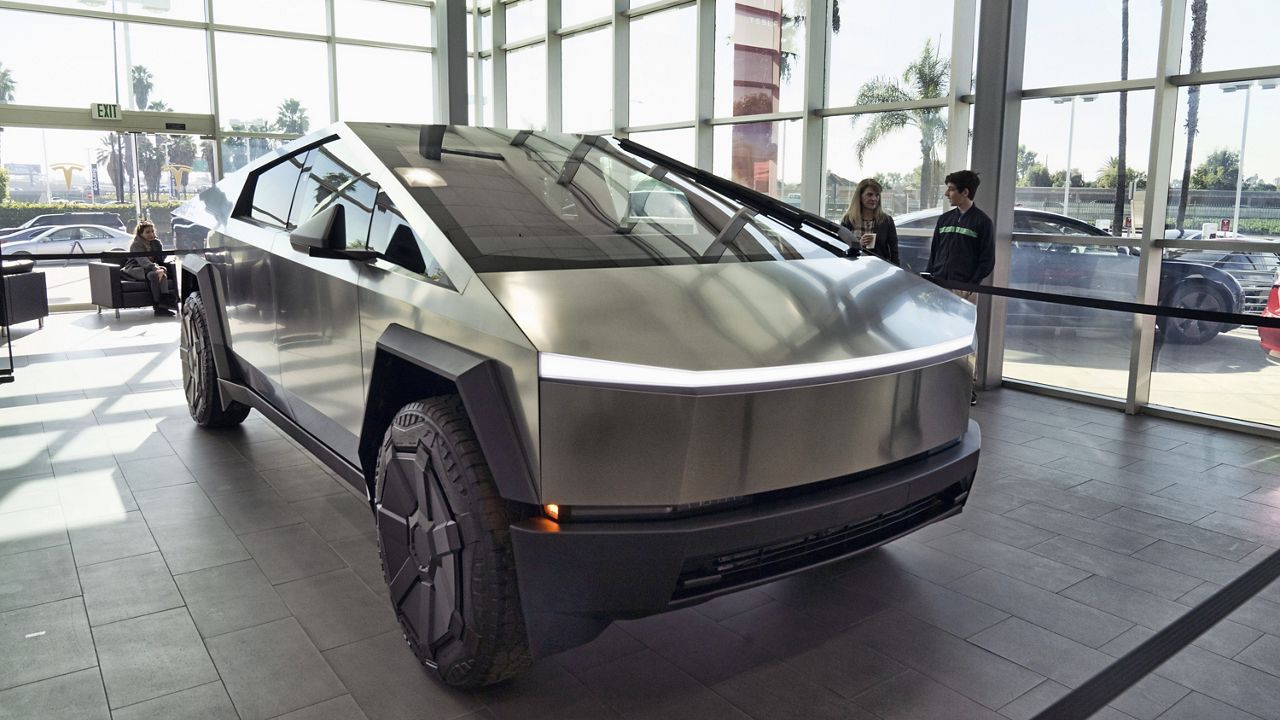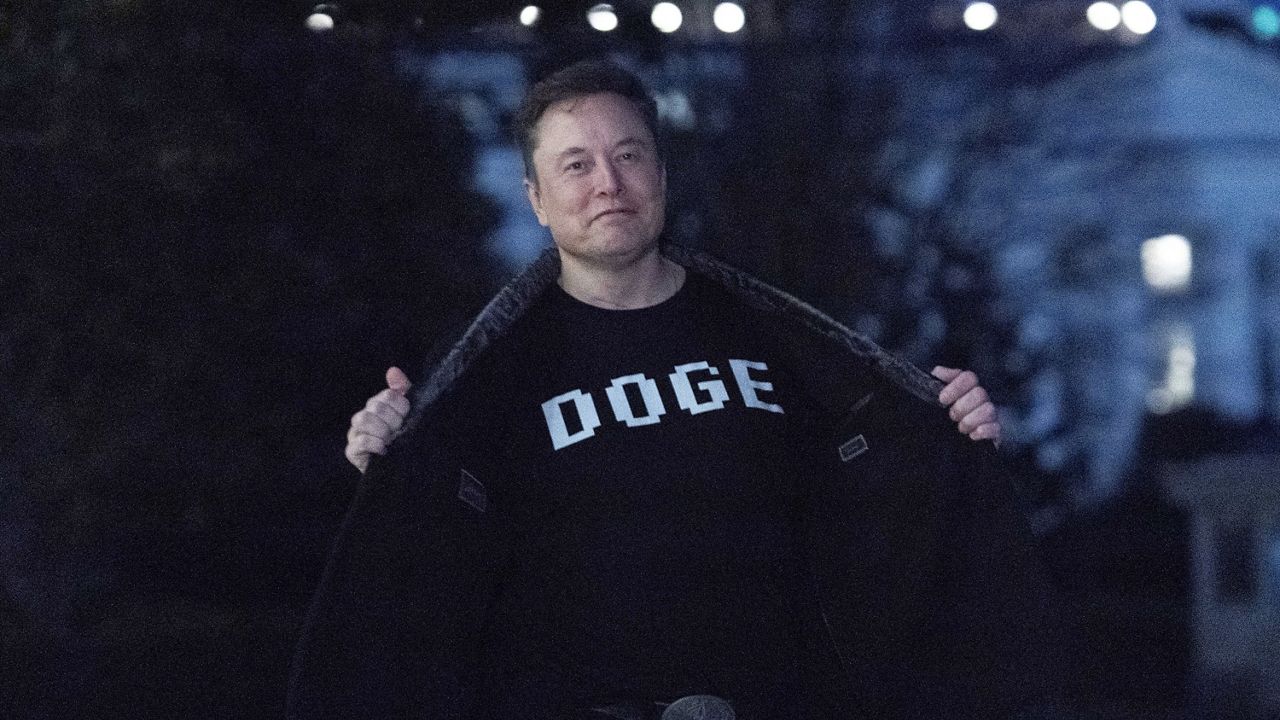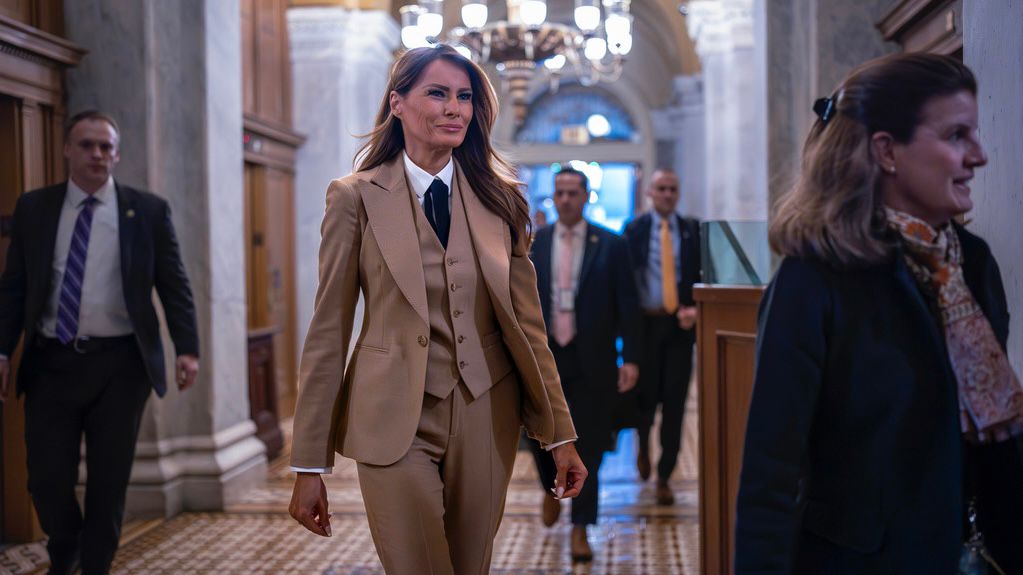The U.S. Department of Energy announced Friday it will invest $3 billion to increase domestic battery manufacturing to help end the country's reliance on China for critical materials.
Funded through the Bipartisan Infrastructure Law, the money will be used to fund 25 projects in 14 states.
“These investments are going to help battery manufacturers meet the growing demand for U.S.-made EVs and to help our grid store the record new amounts of wind and solar that are coming online,” Energy Secretary Jennifer Granholm said during a media briefing about the announcement Thursday.
She said the investments are intended to end the country’s reliance on critical minerals from China and other economic competitors that have long dominated the supply of lithium, nickel, cobalt, manganese and graphite necessary to make lithium-ion batteries that power a growing number of electric vehicles and are also used to store energy.
China alone currently controls more than half of the world’s refining capacity for lithium and cobalt and 65% of the global supply of graphite. The DOE said its investments will reduce the world’s dependence on lithium from China from 51% to 24% by 2030 while increasing the U.S. supply 2,100%. The grants will also help the U.S. increase its battery cell production capacity 1,800% by 2030, allowing the U.S. to meet 100% of demand for the cells without relying on China.
In 2019, the Trump administration devised a strategy for the U.S. Department of Interior to locate domestic supplies of critical minerals to reduce foreign reliance on the key ingredients for items like cellphones, computers and cars. In 2021, the Biden-Harris administration bolstered that effort when it provided $75 million in funding for the U.S. Geological Survey to map critical minerals through the Bipartisan Infrastructure Law.
To help increase the domestic supply of critical minerals, the Inflation Reduction Act also includes $6 billion in grants for battery and minerals recycling, manufacturing and processing.
The DOE has so far invested almost $35 billion to bolster the domestic supply of critical minerals and battery supply chains, with investments in lithium mines in Nevada and North Carolina, battery gigafactories in Michigan and Ohio and rare earth element and magnet production in California and Texas.
“These awards represent the latest in a set of really historic actions taken by President Biden and Vice President Harris to accelerate job creation in a sector that in many ways was invented in our universities and labs,” National Climate Adviser Ali Zaidi said in the briefing.
He said solar technology, after being invented by Bell Labs in New Jersey, moved overseas for manufacturing. Lithium-ion batteries followed a similar trajectory, having been co-invented by scientists at the State University of New York and University of Texas-Austin before shifting production to China, South Korea and Japan.
With many car companies announcing plans to entirely phase out cars that run on gasoline by 2035, and the U.S. setting a goal of being entirely carbon neutral by 2050, the rush is on for the minerals that will be necessary to make the batteries that not only power transportation but serve as storage for renewable energy generation.
Zaidi said the amount of battery storage for electricity was less than 2 gigawatts when President Biden took office and has increased to 15 gigawatts. The White House is expected to double that to 30 gigawatts this year. One gigawatt is enough to power about 750,000 homes.
Boosting the domestic supply chain and setting up a circular economy to support the clean energy economy, Zaidi said, sets up the U.S. to lead on the next generation of battery chemistries.
“That’s going to be essential,” he said, “to make sure that America outcompetes the rest of the world on this critical technology going forward.”












